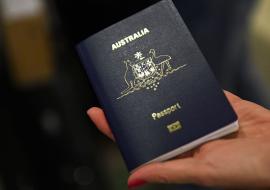U.S. Government Shutdown Deepens Pressures on Small Tourism Communities

The ongoing federal government shutdown in the United States continues to ripple through the travel and tourism sector, especially in communities tied to national parks, heritage areas and federal infrastructure. Small towns that rely on park-visitors, guided tours, and federally-managed attractions are reporting declines in bookings and increasing uncertainty.
Business owners in gateway towns noted that visitor check-ins have begun to drop, partly because of reduced staffing at visitor centres, closed exhibits, and scant updates on access or operating hours. That creates hesitation among travellers planning trips, or leads them to skip these destinations altogether.
Even where attractions remain open, service levels have been affected: security screening delays, muddled information, and fewer guides or park-rangers on duty. The result: a less-smooth visitor experience, which can hurt destination reputation in a competitive global marketplace.
Analysts estimate that tourist spending losses may run into hundreds of millions of dollars in affected regions if the shutdown persists into the key late-fall and early-winter travel windows. Hotels, restaurants, tour operators and transport services are all exposed.
Tourism-industry stakeholders are calling for contingency planning that anticipates such governance disruptions: destination marketing organisations and local governments are urged to diversify source markets, reduce reliance on federally-funded attractions, and build flexible visitor services.
For travellers, the message is to exercise caution: when visiting U.S. destinations tied to national parks or federal services, check operational status, confirm bookings, and avoid rigid plans that don’t allow changes. The broader takeaway is how policy risk can translate directly into travel risk.
In the longer term, destinations may increasingly emphasize private-sector attractions, alternative leisure assets, and local-community-led tourism experiences less vulnerable to federal funding or employment fluctuations, as part of resilience strategy.














